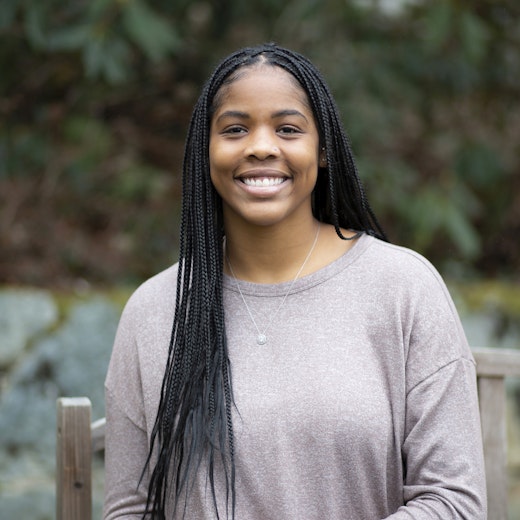One of my favorite things about my conversation with her was the wisdom in what she said to me: “If you are a CIT, hold on to what you know and love about camp, know that you are adding to it. It’s about the experience, not necessarily planning and how much you prepare for it.” I thought this was one of the best things I’d heard a returning staff member say. It really resonated with me, because despite all of the preparedness naturally built into the progression of our leadership program and even in our staff training week, it wasn’t going to cover it all. There is so much unexpected and uncertainty even from a director standpoint. No day is similar to the next; We work in a fluid and fast-paced environment. The experience, like she said, will re-affirm the leadership traits that have been developed, challenge you each day differently, and force you to grow and adapt to the uncomfortable. I absolutely agree with her, as she and every CIT in years past, present, and future will add to camp.
A CIT has to learn to navigate leadership because as a camper it’s all about the camper experience, but that drastically shifts when you’re now the one in charge of offering that very experience. We can practice leadership skills and strengthen them as well, but some of the best leadership skills are those we develop in the experiences we have that force us to grow and figure out how to lead. Reflecting on my conversation with her, it was clear she not only successfully completed her CIT year, but she also grew in confidence as a leader based on her experience. It felt like such a full-circle moment to see our values become integrated into navigating leadership as a staff member, not just within our camp community. Camp is truly a gift that keeps on giving.








